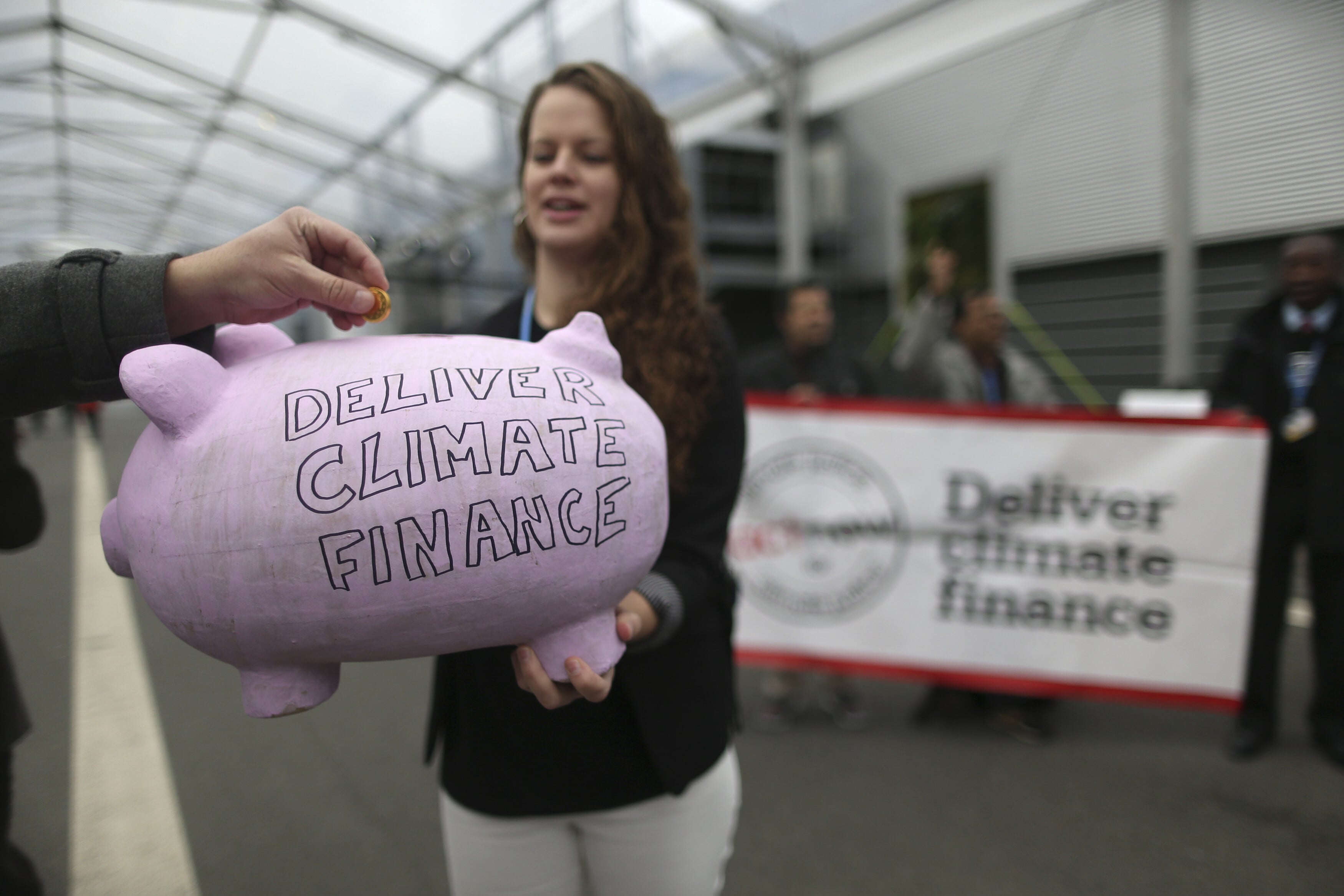Is youth unemployment a threat to Arab stability?

Stay up to date:
Youth Perspectives
The threat to stability in the Arab world posed by youth unemployment is such that governments old and new must urgently address the worsening economic environment. If a solution is not found soon, the whole region risks instability or even secondary revolutions.
The FT’s beyondbrics touched on this issue recently in an article about moves towards a higher minimum wage in Saudi Arabia, arguing that job creation is “imperative” for “a country that is throwing money at its potentially restive population”. This is an important point. With commentary on the region mostly focusing on the struggle for freedom and political change, it is often forgotten that the issue that was at the core of these revolutions was the chronic and widening deficit of economic opportunity, combined with the demographic time-bomb of a rapidly growing youth population.
And this is not just an issue for those looking to avoid potential unrest. Arab nations in transition must also address the economic crisis. Expectations are high but just because regimes have toppled does not necessarily mean that jobs and housing will become immediately available.
Egypt, the most populous Arab country, is an important example. The euphoria of Cairo’s Tahrir Square has long died down and, despite burgeoning democratic development and a newly elected government, the country faces immense challenges on the domestic front. While there have been slight improvements in recent months, public security has generally deteriorated since the revolution, with a rise in killings, abductions and theft, in addition to the riots that were so widely reported earlier this year.
At the same time, the economy continues to worsen. More than 40 per cent of Egyptians live below the poverty line and the critical tourism and construction sectors have ground to a halt, causing a liquidity crisis. Fuel shortages are also an increasingly urgent issue.
The fact is that 700,000 jobs per year must be created in Egypt, just to keep unemployment from rising. That pace of growth is just unrealistic. The World Bank expects Egypt’s growth rate per year to be 1 per cent or less, and foreign direct investment has plummeted. In its June draft budget, Egypt’s government projected that its deficit will increase to nearly 11 per cent of GDP.
Egypt’s long-term prospects could be very positive, but without action to stabilise the short to medium-term jobs crisis, the country may never achieve that potential. The IMF recently agreed to a $3bn standby loan to help the country bridge its deficit for fiscal year 2011-2012, but this is only the tip of the iceberg.
So what’s the answer?
Government leadership is, of course, essential. Labor market reform, as we are seeing in Saudi Arabia, is certainly one way of defusing the “region’s social time-bomb”, as is tackling corruption and improving education.
The private sector also has a crucial role to play. Investment in infrastructure projects, such as construction of highways and bridges, and large rural or agricultural projects, could provide attractive returns and create jobs speedily. The private sector could implement them, but the funding needs to be provided. The GCC is probably best placed in this respect, given that gulf companies are already major investors in Egypt and don’t face the same mistrust as western firms.
Egypt is not the only Arab nation facing these issues. Before the so called “Arab Spring”, regional youth unemployment stood at 24 per cent and the stark reality is that 100m jobs need to be created in the Arab world in the next two decades alone, more than was created in the whole of the last century. Tackling unemployment is by no means a panacea but, for those playing a part in the transition of the region the lessons are clear: it is not wise to separate political rights from economic rights.
Author: Majid Jafar is CEO of Crescent Petroleum and a member of the World Economic Forum Global Agenda Council on Youth Unemployment.
This article originally appeared at beyondbrics.
Image: A Youth plays with his phone in Tripoli’s old city. REUTERS:Zorha Bensemra
Don't miss any update on this topic
Create a free account and access your personalized content collection with our latest publications and analyses.
License and Republishing
World Economic Forum articles may be republished in accordance with the Creative Commons Attribution-NonCommercial-NoDerivatives 4.0 International Public License, and in accordance with our Terms of Use.
The views expressed in this article are those of the author alone and not the World Economic Forum.
Forum Stories newsletter
Bringing you weekly curated insights and analysis on the global issues that matter.
More on Financial and Monetary SystemsSee all
Sandra Waliczek and Harry Yeung
July 29, 2025
Pranidhi Sawhney and Adam Skali
July 29, 2025
David Carlin and Sourajit Aiyer
July 28, 2025
Veronica Frisancho
July 22, 2025
Jesus Serrano
July 14, 2025





